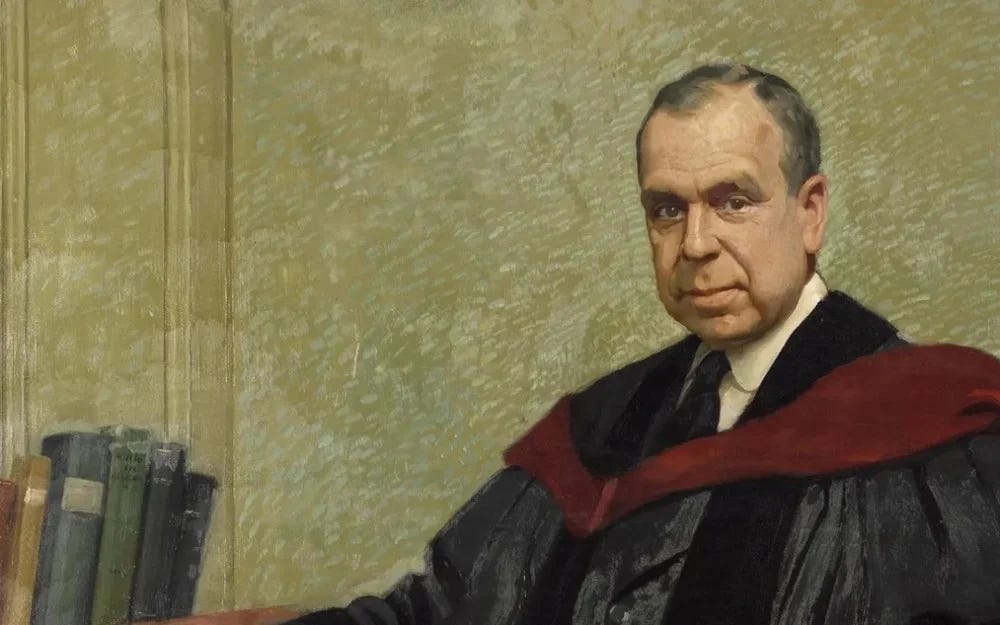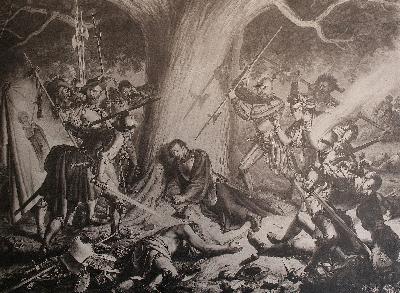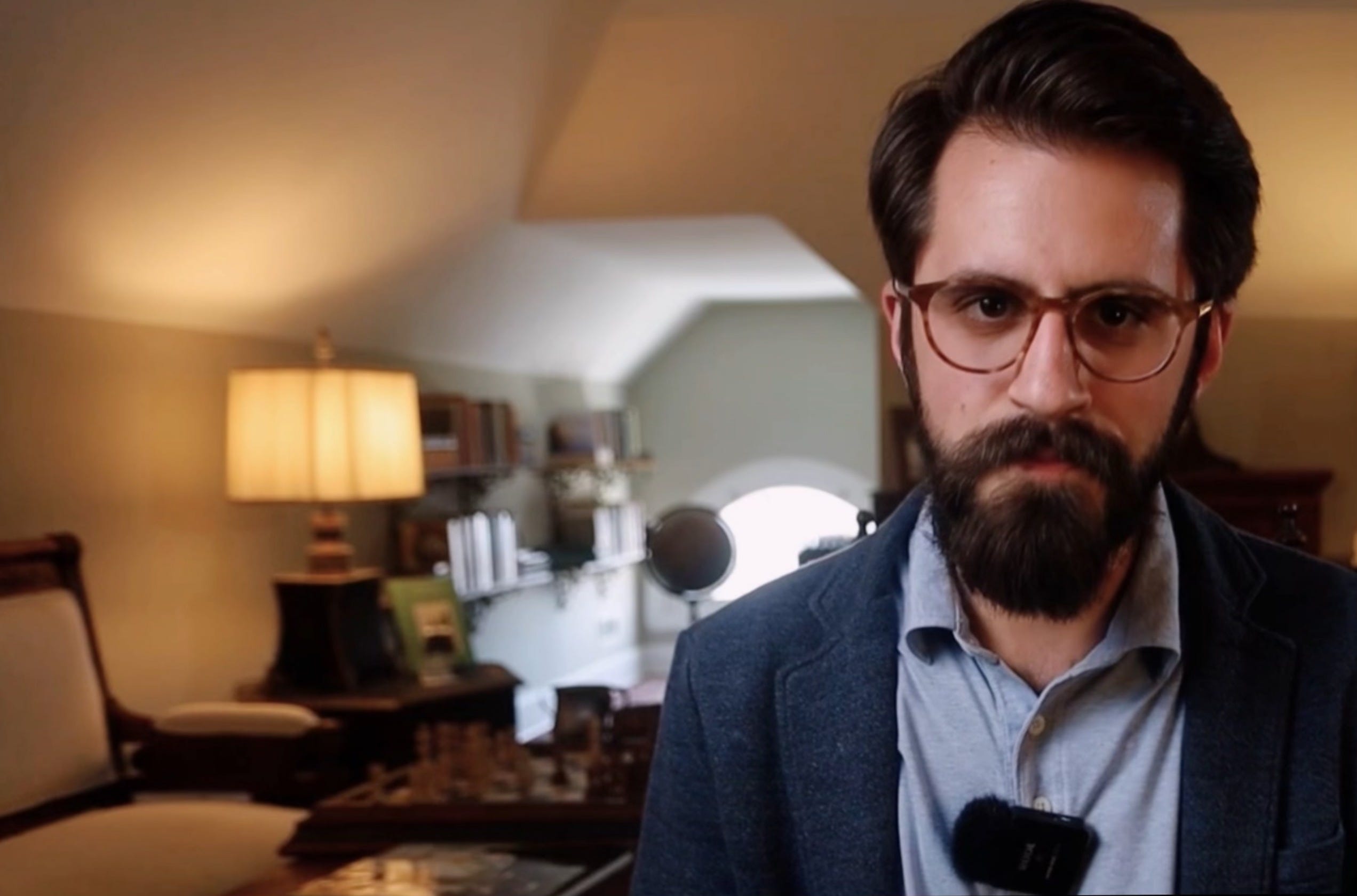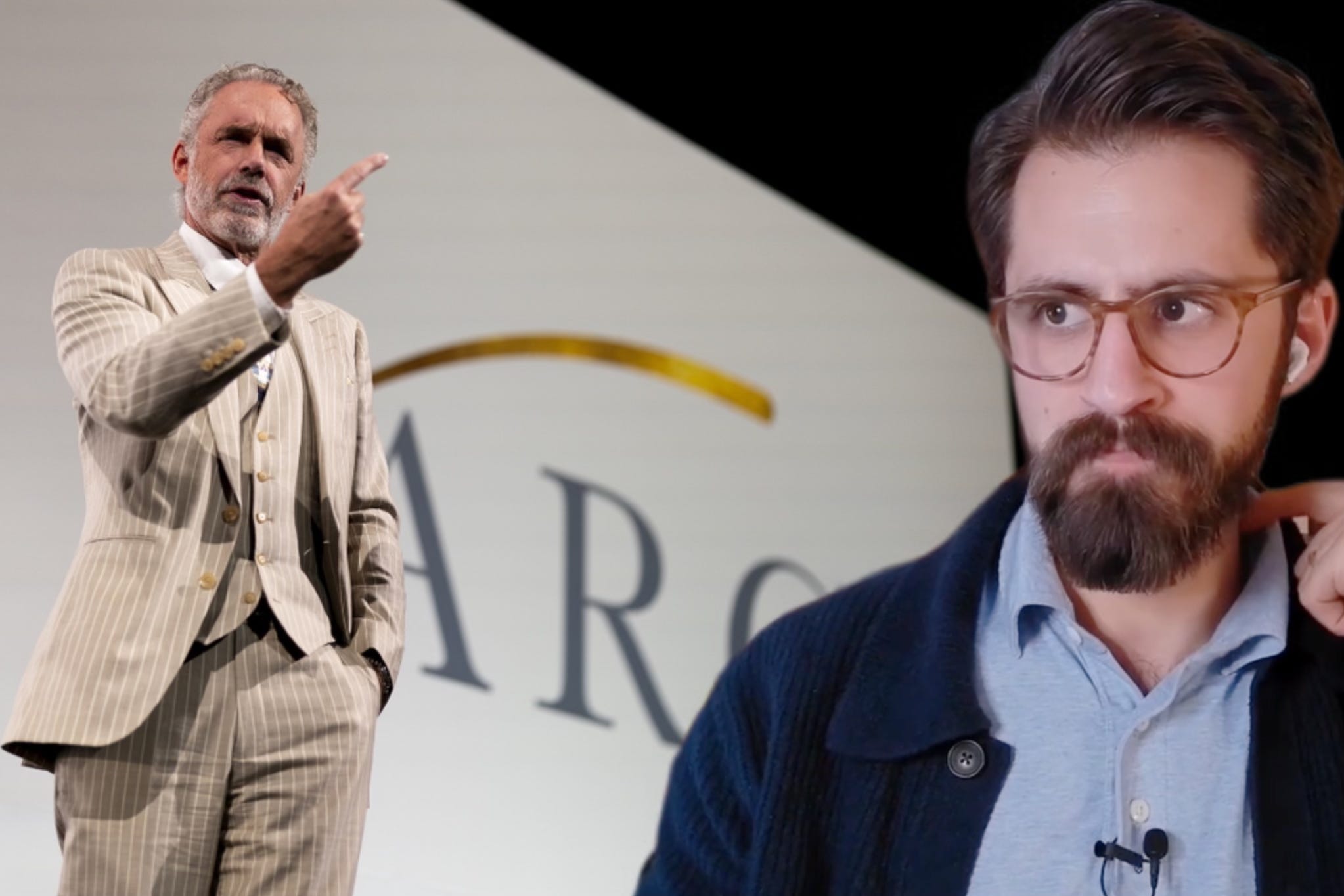What's After Young, Restless, and Reformed?
Description
As a young Christian, I jumped wholeheartedly into a burgeoning theological movement, one which got young people excited about the Bible and Protestant theology, inspired us to devour books and attend church religiously, and provided us with guides and gurus to direct us in a confusing world: The young, restless, and Reformed.
After years of reading their blogs and books and watching videos, after a three-year seminary degree and a decade attending Reformed churches, it’s time to take stock. What should we think now of the young, restless, and Reformed movement?
Briefly, that while it taught us some good things, it is time to move further in, and further up. Youthful zeal, even with knowledge - and biblical knowledge, at that - must be transcended in order to attain wisdom, which only comes with experience and maturity.
What follows are four areas of critique of the young, restless, and Reformed movement - under the headings of theology, church, practice, and wisdom - and some pointers to a way forward.
1. Theology Revisited
While I studied Reformed theology at seminary and retain a commitment to it, the critiques of it are true.
Take for example the critique that we focused on Paul’s letters rather than the Gospels. I always resisted this critique; but following seminary, I really did have to shut the epistles and spend time in the gospels. I had to stop reading the Bible as a theology textbook, partly because I had already maxed out its potential in that direction. What I needed was spiritual and practical direction, not to mention a critique of the very theology-nerd mindset.
There were other theological critiques with which I began to resonate. People critiqued Reformed theology for being antinomian, concerned only with whether we are justified or elect, and not with the whole life lived. As I studied the Reformed tradition, I found that this was fundamentally incorrect about the sources - Calvin, Turretin, Baxter, Edwards.
But today’s Reformed pastors and churches? They were antinomian. They propagated a message of “Here’s what God’s law requires; but don’t worry, Jesus already did it.” They objected to the relevant passages of Calvin, of Turretin, and especially of Baxter and Edwards.
Most importantly, in practice, the theology-nerd obsession with the dictums of explicit theology led to a practical soteriology of “justification by profession of faith alone.” N. T. Wright had offered this critique, and while I hold that the traditional exegesis of Paul on justification is correct, the actual Reformed culture matched Wright’s critique. Our focus on explicit theological commitments implied that it was crying, “Lord, Lord,” - in just the right way - that saved.
The best of the Reformed tradition, I continue to believe, is neither narrow nor antinomian. But the popular American Reformed tradition is both.
2. The Church
Returning to the Gospels, I found in Christ’s teaching - mediated through regular conversations with King Laugh - a deep critique of the theology-nerd mindset. Who were the theology nerds, the theo-bros of Christ’s day? The Pharisees.
We can believe all the details of Paul’s theology, and of Christ’s. But if we do it in the way of a Pharisee, we’re just, as King Laugh puts it, better Jews. (No offense to my Jewish readers!) What we need is a critique of religious hypocrisy and Pharisaism that applies to Christians.
In the Reformed culture, the temptation is to think that Jesus’ teaching about the Pharisees can be subsumed under the heading, “Those Darn Papists.” (Ahem, Catholics.) Once again, as if being on the right side of one theological divide were the key to salvation. Or again, as if properly saying that Jesus did it all and everything we do is worthless were the key - antinomian theology is not the key to salvation.
This critique of theology-nerds, however, applies equally to our churches. After all, for over a decade, I have been approaching church attendance as a matter of exemplifying one’s explicit theological commitments by where one attends one hour a week. I have tried to choose my church to exemplify where I’m at theologically.
But now I think it’s deeply incorrect to derive spiritual pride from one’s church attendance. I think it’s deeply misguided to think that where one attends one hour a week is the key to whether one is the “best kind of Christian.” I’m done sharing stories about my second conversion - to five-point Calvinism - and my supposed third conversion - to infant baptism. (Sorry, Presbyterians! We baptize babies ’cuz Constantine, not theology.)
We can’t think that churches and pastors, or doing church right, or getting the sermon message right will save the day. Action in the world both before and after the gospel is absolutely necessary.
3. Practice: The Fourth Evangelical Wave
Trevin Wax recently wrote that we are entering a fourth evangelical wave after the third wave of gospel-centered (see my recent critique), i.e., young, restless, and Reformed. (The first wave was the charismatic movement, the second the seeker-sensitive movement.)
The fourth wave is about Christian practice, habits, and virtues. John Mark Comer’s re-popularization of Dallas Willard, Richard Foster, and “the way of Jesus” is the spearhead. Comer is recommending a raft of spiritual disciplines and meditation as shaping our Christian lives more than theological details (to which he is not opposed).
You could read my emphases and those of King Laugh as contributing to this fourth wave. However, I want to massage the details. After all, I fear that a focus on spiritual disciplines as “the ticket” can be just a privatized version of the same ritualism into which Reformed practice has fallen. (Instead of attendance at gospel-centered expositional sermons being key, it’s morning devotions.)
I’m less interested in disciplines, rituals, liturgy, and habits than Comer and, for that matter, Jamie Smith. What I’m interested in post-YRR are wisdom, growth, and maturity. I think habits and liturgy sometimes are a kind of place-holder for that, both for good and ill. Comer’s new “way of Jesus” seems to have its own rituals, but rightly understood the focus on practice is correct. Russell Moore talked recently about being a “practicing Christian.” I think that would be the thing to emphasize.
Implicit Theology
While I retain Reformed theology, I am much less concerned about our explicit theology, and much more about our implicit theology exemplified in practice. You can be explicitly reformed, for example, but functionally Pelagian. You can be explicitly justification-only, but functionally prosperity gospel.
Implicit theology is revealed in actions and concrete judgments, not explicit theologizing. The gospel-centered movement’s response to celibate, gay Christians revealed their functional theology as a myopic focus on being a white-washed Christian, while suppressing the finer details of our unnatural nature. In a more pointy-headed way, the Federal Vision controversy revealed the implicit theology of NAPARC (Old-school Reformed and Presbyterian) churches as functional antinomianism. And every week, our church practice and sermon structure reveals our belief that listening to theology lectures will save us osmotically and sacerdotally.
Theological Triage
Once you reorient around Christian practice, most theological distinctions pale in comparison. Now, I learned the idea of theological triage - ranking doctrines by their significance - from this movement, from Al Mohler, specifically. But we actually have to practice it. For example, if you think that being Baptist is what matters you’re not practicing it. If you think that being Presbyterian is a third conversion (and Federal Vision a fourth!), you are not practicing it. With these things in perspective, the differences between Protestants and Catholics pale, so no intra-Protestant distinctions stand out as much.
In that light, the book The Imitation of Christ stands out as a post-theology-nerd manifesto.
4. Wisdom
























